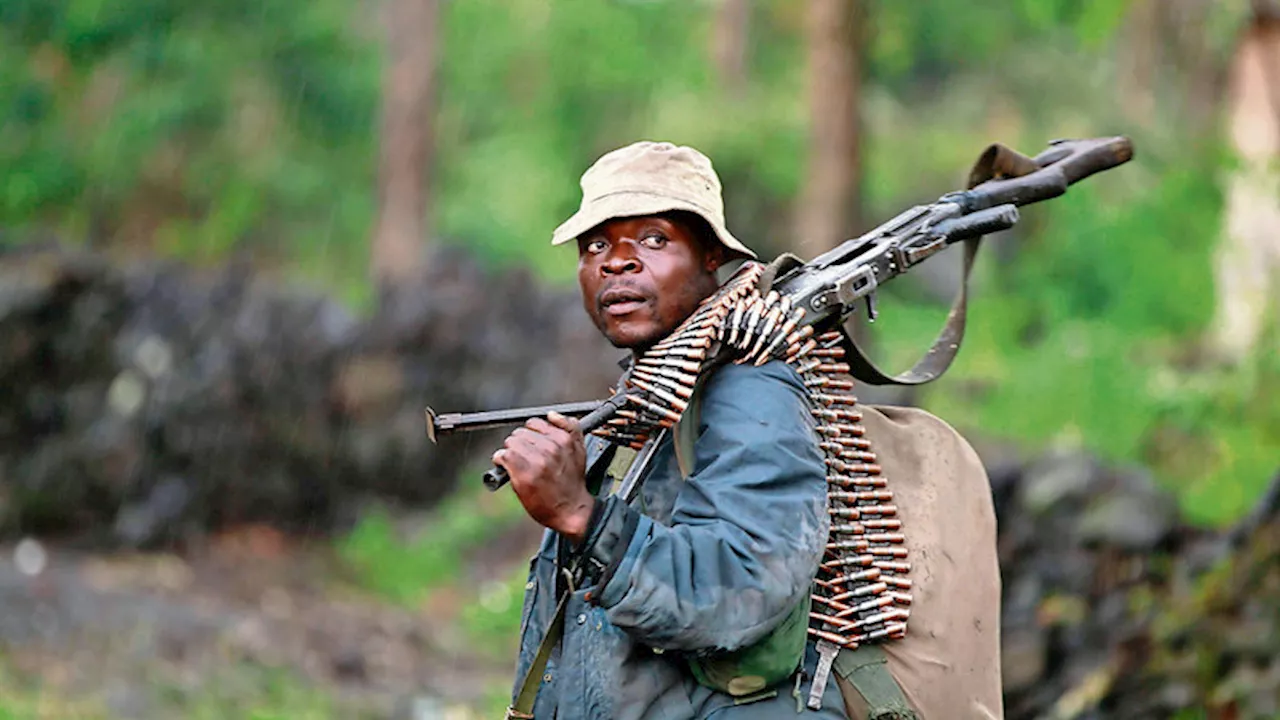This article explores the alarming rise of misinformation and disinformation, particularly in Southern Africa, highlighting its devastating impact on democratic institutions, social stability, and human rights. It examines the role of social media platforms in amplifying these harmful narratives and calls for urgent collaborative action to combat this growing threat.
Misleading narratives are inflaming tensions between Southern Africa n Development Community (SADC) and East Africa n Community (EAC) nations. Misinformation and disinformation have surged at an alarming rate, fueled by deliberate policy changes from major social media platforms and the emboldening of right-wing, anti-democratic forces.
These actors — spanning from extremist political leaders to conservative commentators — strategically manipulate digital platforms to spread falsehoods, normalize hate speech, and undermine democratic institutions. I have witnessed firsthand how this information warfare erodes free speech, active citizenship, good governance, and democracy in Southern Africa. The intersection of misinformation, disinformation, and hate speech is no accident — it is a calculated effort to distort reality, incite division, and erode trust in democratic institutions. Digital platforms, particularly Twitter (now X), have abandoned meaningful content moderation, allowing harmful narratives to flourish unchecked. Meta’s recent decision to remove fact-checkers and loosen its content policies marks a devastating regression in the global fight against misinformation. These corporate decisions do not occur in a vacuum; they have direct, real-world consequences, particularly in developing nations where controlled press environments and weak media literacy already limit access to credible information. For Southern Africa, the unchecked spread of disinformation directly threatens social stability. In a region still grappling with fragile democratic structures, misinformation fuels division, weakens trust in institutions, and emboldens extremist groups seeking to destabilise governance. Right-wing, anti-human rights movements are leveraging these digital battlegrounds to spread xenophobic, homophobic, and racist rhetoric, often with devastating consequences for vulnerable people. The 2008 homophobic column by Jon Qwelane serves as a stark warning of what happens when misinformation and hate speech are unchecked. While the South African constitutional court’s ruling that his statements constituted hate speech was a necessary step toward accountability, this battle is far from won. Today, we are seeing a resurgence of similar tactics, often cloaked under the guise of free speech, to push anti-human rights agendas and weaken democratic norms. This manipulation of information extends beyond social commentary; it is increasingly weaponised to incite violence, destabilise governments, and erode democratic principles. The war in the Democratic Republic of the Congo is a prime example of how unchecked disinformation can fuel regional instability, with misleading narratives inflaming tensions between SADC and EAC nations. Similarly, in South Africa, right-wing organisations have weaponised misinformation to falsely claim that the Expropriation Act is a tool for state-sponsored land grabs, inciting racial divisions and economic panic. Make no mistake: this is not simply a crisis of misleading content but an existential threat to democracy. Social media algorithms are designed to maximise engagement, prioritise sensationalised falsehoods over verified truth, and amplify the voices of extremists while silencing those advocating for justice and human rights. In this climate, the work of independent journalists, fact-checkers, and civil society organisations is essential for the survival of democratic governance. Addressing this crisis requires more than isolated interventions; it demands coordinated, strategic collaboration among governments, civil society, media institutions, and international stakeholders. We must push for stronger regulatory frameworks that hold social media corporations accountable for spreading the content they allow. Governments must resist the temptation to exploit misinformation for political gain and instead invest in strengthening independent journalism and digital literacy programmes
Misinformation Disinformation Democracy Social Media Hate Speech Human Rights Southern Africa East Africa Political Instability
South Africa Latest News, South Africa Headlines
Similar News:You can also read news stories similar to this one that we have collected from other news sources.
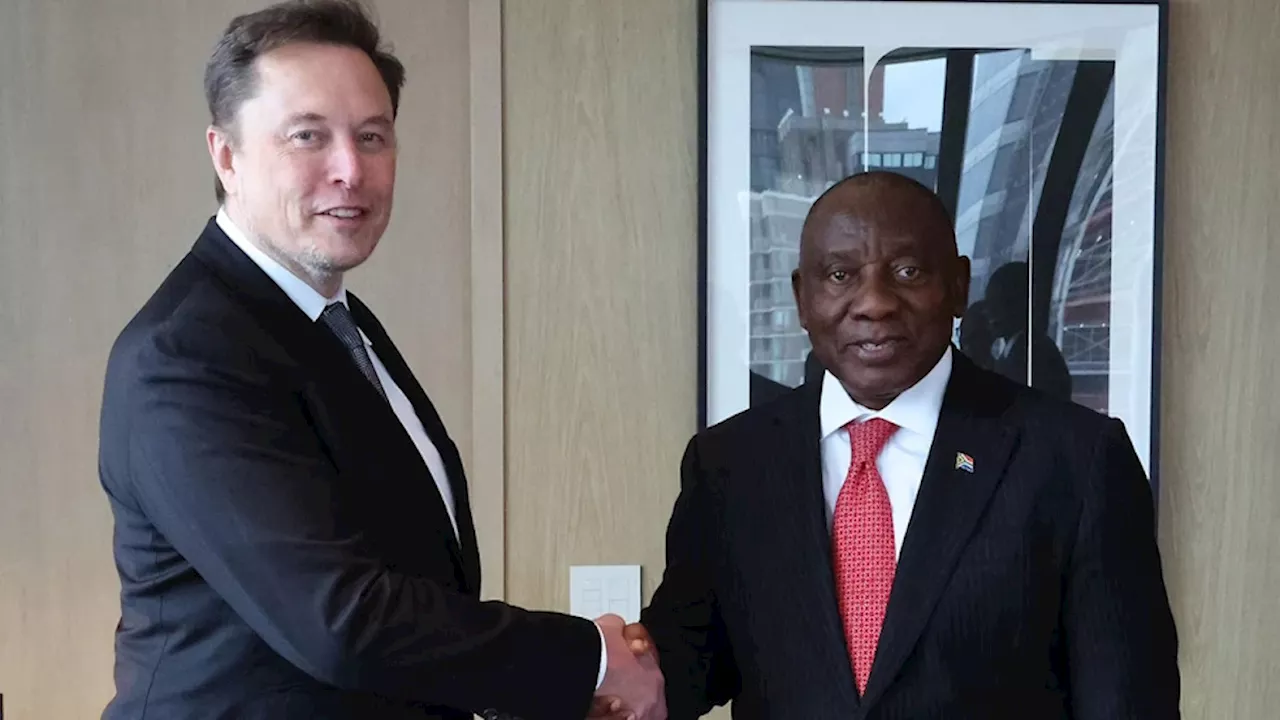 Ramaphosa engages Musk over SA ‘misinformation’The president speaks to the tech billionaire, who is now part of Donald Trump’s inner circle, to discuss “distortions” created about SA.
Ramaphosa engages Musk over SA ‘misinformation’The president speaks to the tech billionaire, who is now part of Donald Trump’s inner circle, to discuss “distortions” created about SA.
Read more »
ANC Official Blasts AfriForum for Misinformation Campaign Sparking US Financial Action Against South AfricaNomvula Mokonyane, the first deputy secretary-general of the African National Congress (ANC), criticizes AfriForum for spreading misinformation about South Africa's Expropriation Act, leading to US President Donald Trump's threat to cut aid. Mokonyane accuses AfriForum of being racist and self-serving, while AfriForum insists it seeks to protect ordinary South Africans by urging Trump to reconsider his actions and calling for a revision to the Expropriation Act.
Read more »
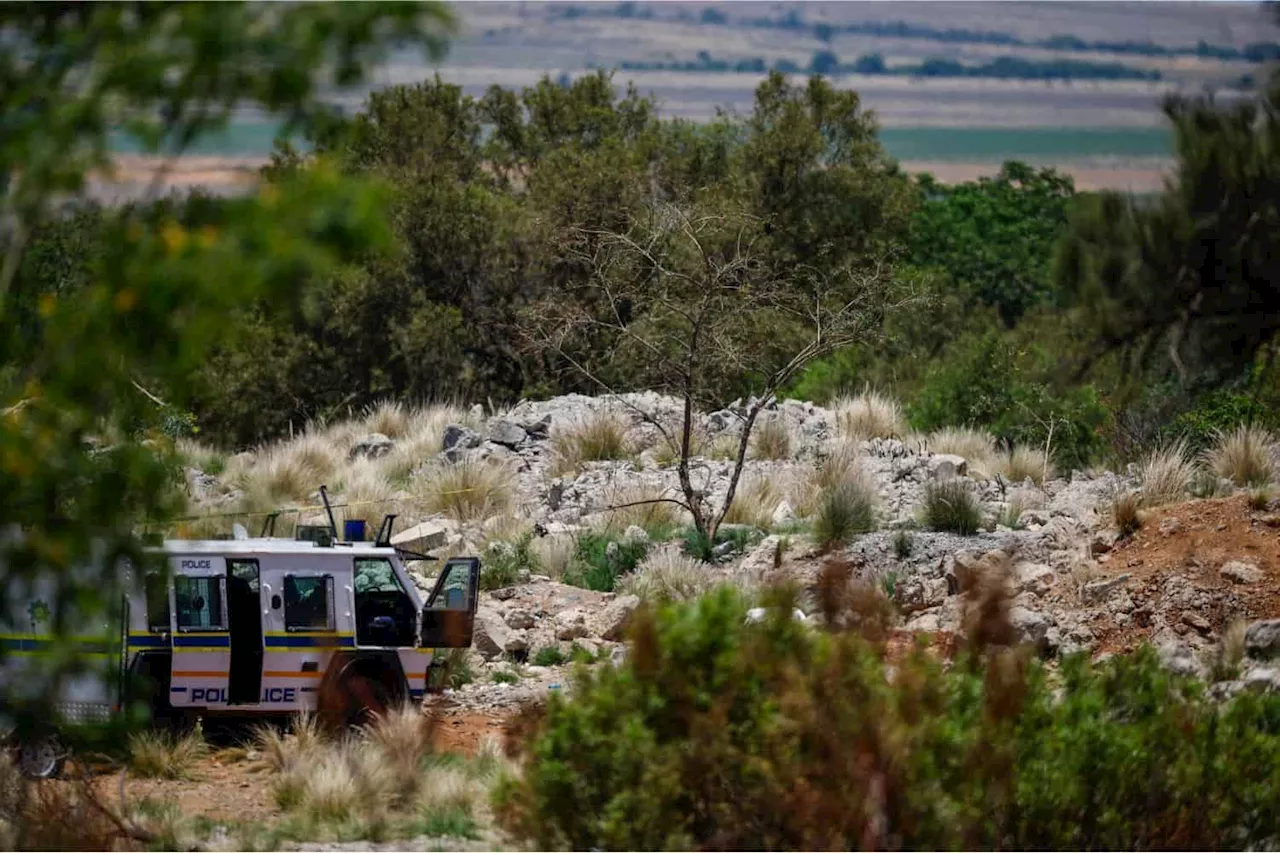 SAPS Condemns Misinformation and Release of Personal Information During Stilfontein Rescue OperationThe South African Police Service (SAPS) has condemned the sharing of personal information about rescued illegal miners and the spread of misinformation surrounding the Stilfontein rescue operation. The SAPS is investigating the unauthorized release of sensitive data and has refuted claims of intentional blasting at a disused mine shaft.
SAPS Condemns Misinformation and Release of Personal Information During Stilfontein Rescue OperationThe South African Police Service (SAPS) has condemned the sharing of personal information about rescued illegal miners and the spread of misinformation surrounding the Stilfontein rescue operation. The SAPS is investigating the unauthorized release of sensitive data and has refuted claims of intentional blasting at a disused mine shaft.
Read more »
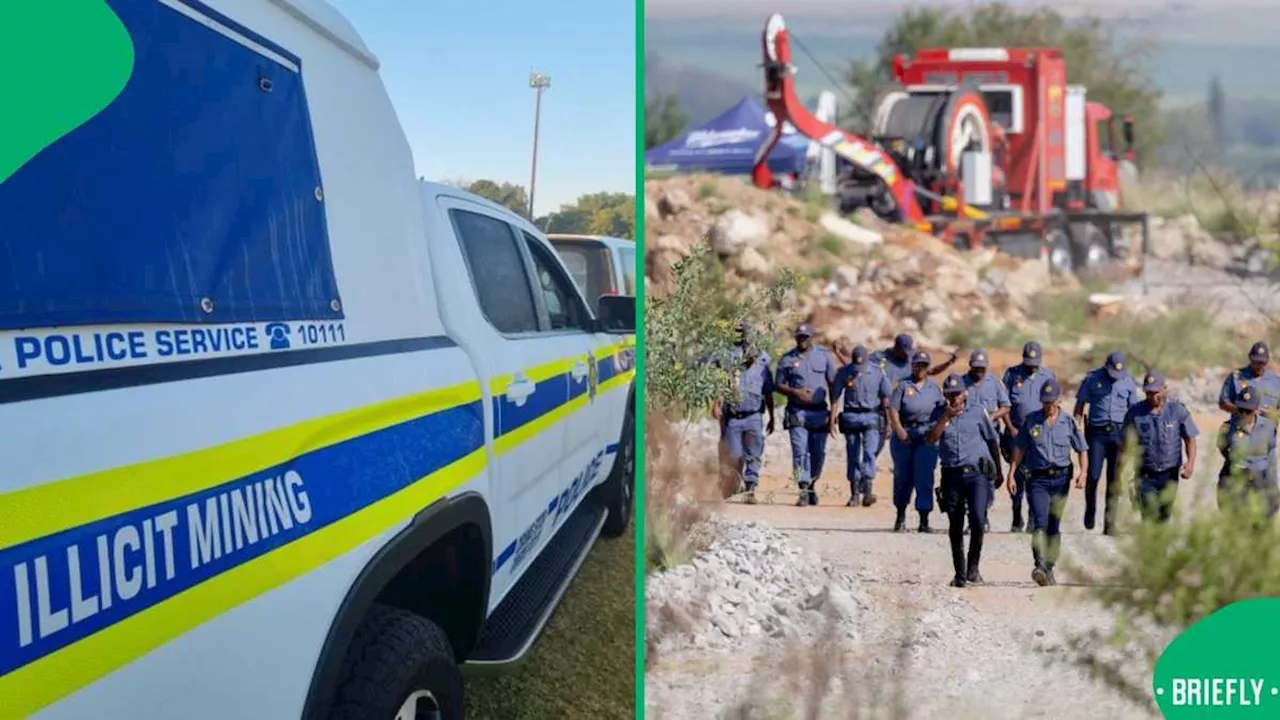 South African Police Clarifies Misinformation Regarding Stilfontein Mine RescueThe South African Police Service (SAPS) has refuted allegations of misconduct and the spread of misinformation circulating on social media concerning the Stilfontein Mine rescue operation. The SAPS addressed claims of leaking miners' personal information, blasting shaft 10, and arresting a volunteer.
South African Police Clarifies Misinformation Regarding Stilfontein Mine RescueThe South African Police Service (SAPS) has refuted allegations of misconduct and the spread of misinformation circulating on social media concerning the Stilfontein Mine rescue operation. The SAPS addressed claims of leaking miners' personal information, blasting shaft 10, and arresting a volunteer.
Read more »
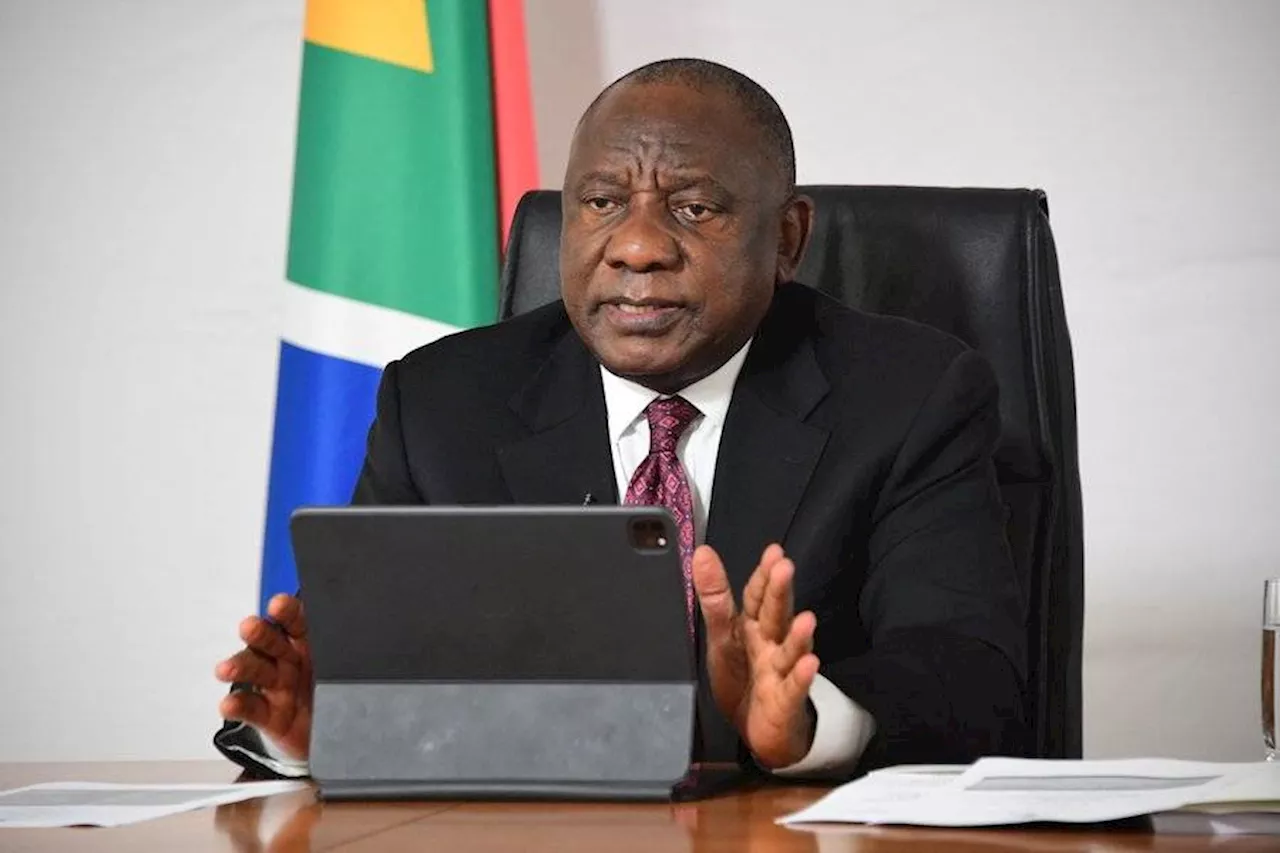 Ramaphosa’s office blames US fracas on misinformation campaignThe presidency said it remained in the dark as to the real cause for Donald Trump’s decision to cut aid and suggested proper communication can prevent a rift
Ramaphosa’s office blames US fracas on misinformation campaignThe presidency said it remained in the dark as to the real cause for Donald Trump’s decision to cut aid and suggested proper communication can prevent a rift
Read more »
 SABC News - Breaking news, special reports, world, business, sport coverage of all South African current events. Africa's news leader.Ramaphosa spoke to Musk on issues of misinformation and disinformation about South Africa.
SABC News - Breaking news, special reports, world, business, sport coverage of all South African current events. Africa's news leader.Ramaphosa spoke to Musk on issues of misinformation and disinformation about South Africa.
Read more »
